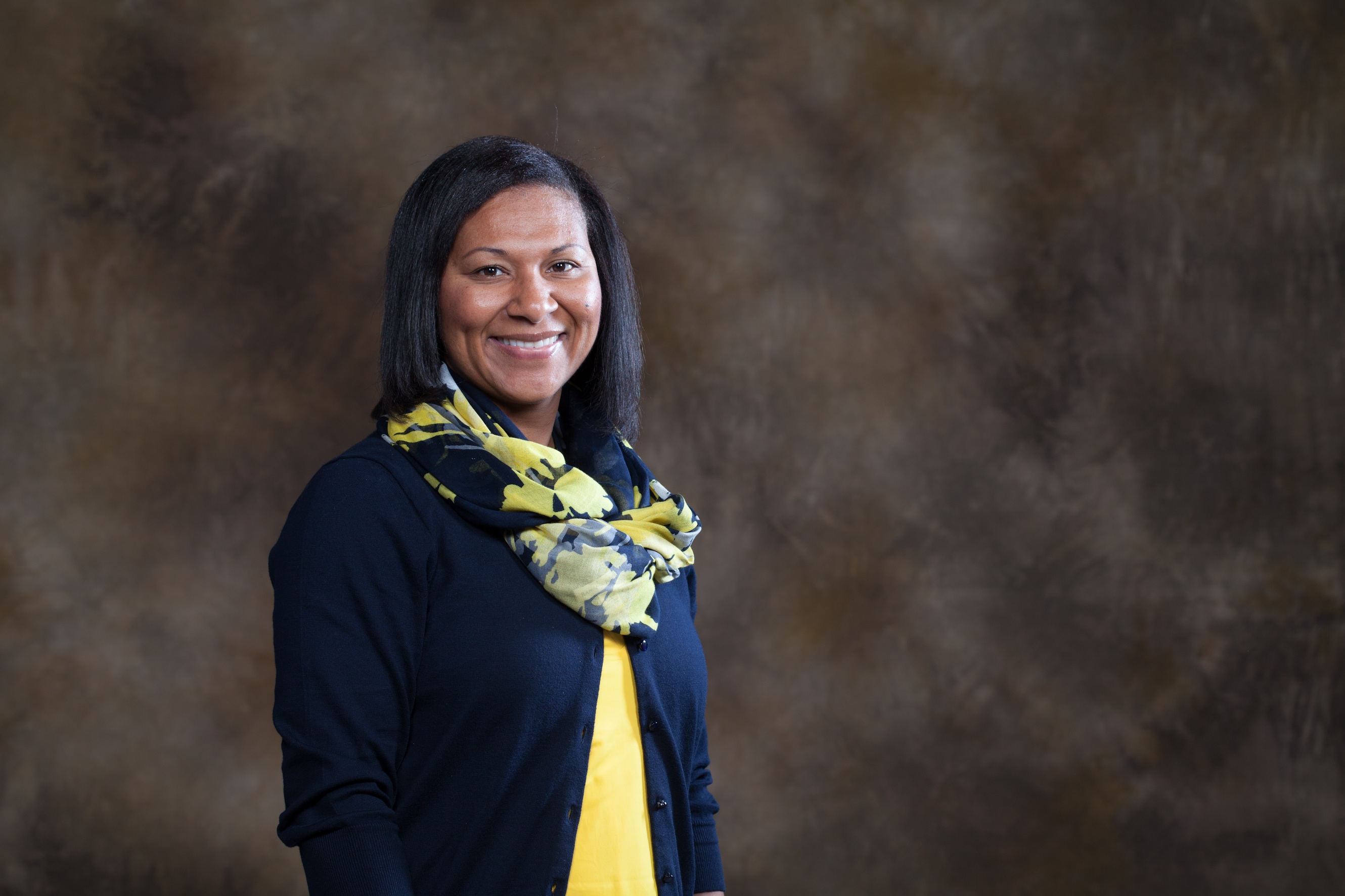
FAYETTEVILLE, Ark. – Counseling the Addicted Family: Implications for Practitioners, a textbook edited and co-authored by University of Arkansas assistant professor, Stephanie Lusk, and published by Aspen Professional Services, is scheduled for release in 2014.
The book emphasizes the importance of incorporating the families of individuals diagnosed with substance use disorders into the counseling process.
"Oftentimes we treat addictions looking solely at the individual," says Lusk. "It's very important, particularly for students, to realize that addiction is not an individual disease. It absolutely affects the entire family system and incorporating families into the treatment process is very important."
In some ways, Lusk's textbook is the first of its kind.
"I taught a marriage and family addiction counseling course at North Carolina AT&T for six years and there was not a textbook that I felt did the subject justice," said Lusk. "There were only two or three other text books that dealt with counseling addicted families, but nothing that was very comprehensive."
The textbook focuses on the interplay between individuals with substance use disorders and their families. Lusk's first chapter deals with individual and family development. The second chapter moves to a discussion of how dysfunctional families develop and contrasts characteristics of healthy and unhealthy families.
"With unhealthy or addicted families communication totally breaks down. If you can't work together through communication, you can't solve problems, and you can't make decisions about what needs to be done," Lusk says. "Healthy families allow room for autonomy, for the individuals to be themselves but also be a part of that family system. In dysfunctional families individuals definitely take on roles, but they're not healthy roles."
Lusk says that it is the responsibility of the counselor to overcome this breakdown in communication and rebalance the roles within addicted family systems. The important part of this process is getting families in the door.
"A lot of times family members don't get to tell their stories," says Lusk. "If you're working with the addicted individual, you hear everything from their perspective and a lot of times that's tainted, it's jaded, it's coming from an individual who has been under the influence of alcohol or drugs for years. So I think that getting the family in and letting them tell their story is really and truly the first step."
It's also important that counselors and physicians take the necessary steps to properly diagnose individuals with substance use disorders. Behavior of individuals under the influence of drugs or alcohol can mimic symptoms of regularly co-occurring disorders—such as mood disorders, anxiety disorders, personality disorders and psychotic disorders. It becomes necessary, then, to ensure that the individual's system is clean before making a diagnosis.
"You definitely do not want to diagnose someone with something that they don't have, but you also want to make sure that if there is something else, such as a co-occurring disorder, that it's been appropriately diagnosed so that you can develop an appropriate treatment plan for them," says Lusk.
Other chapters in the book deal with specific counseling therapies and how they could be applied specifically to addictions counseling; non-traditional addictions, ones in which addictions are co-occurring; media and technology addictions; unique challenges of addicted women; fatherhood as it is related to healthy families, preventing addiction, and the recovery process; research of the effects of employment and unemployment on the addiction therapy process and more.
Stephanie Lusk is an assistant professor of rehabilitation education and research in the department of rehabilitation, human resources and communication disorders in the College of Education and Health Professions. She co-wrote her chapter of the book, "The Rationale for Family Therapy in Addictions" with University of Arkansas graduate assistant Chinwendu Okoronkwo.
Contacts
Stephanie Lusk, assistant professor
rehabilitation, human resources and communication disorders
479-575-4817, sluskhe@uark.edu